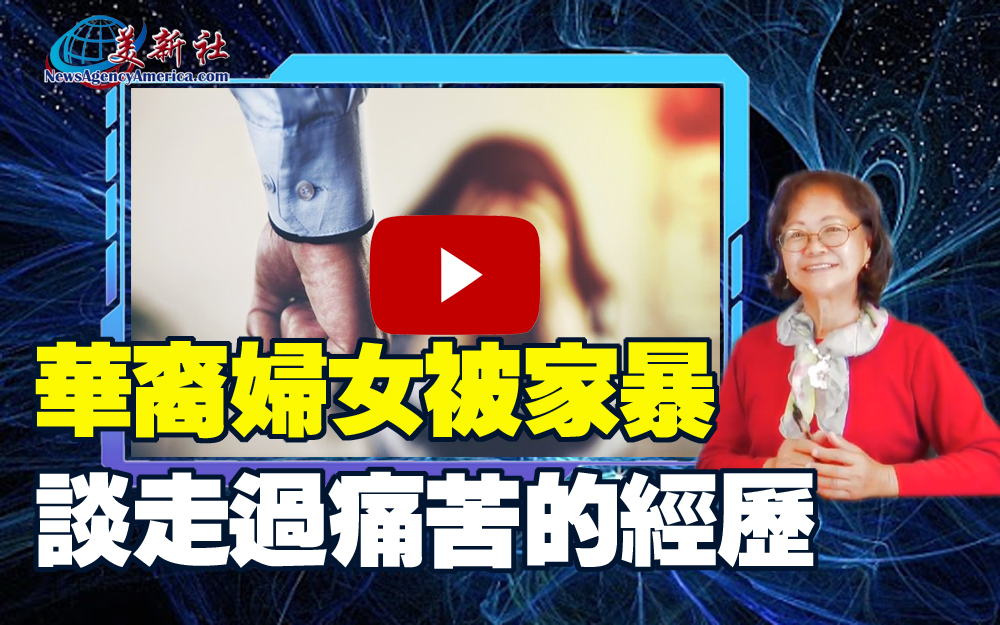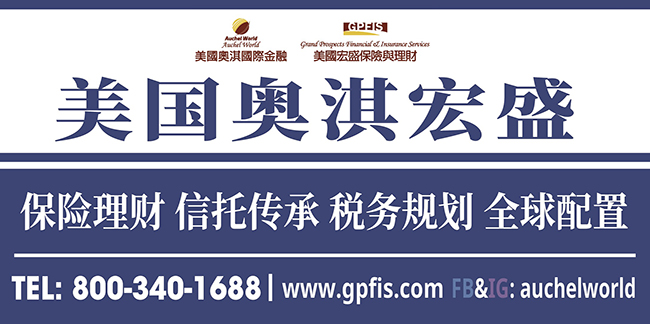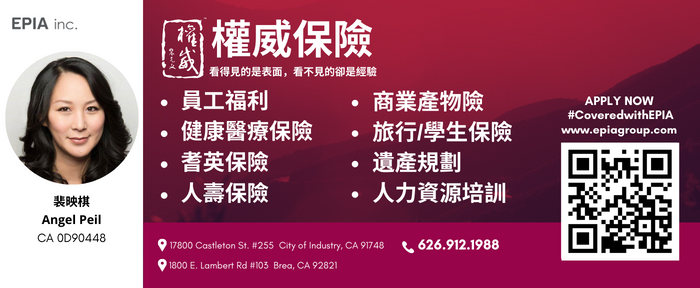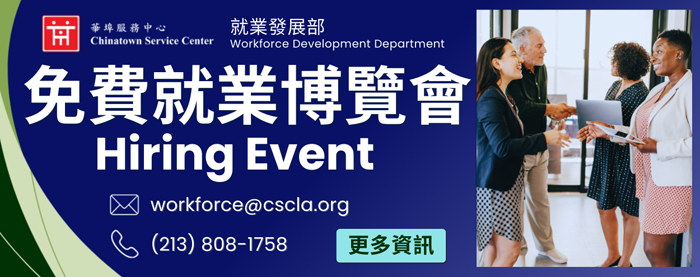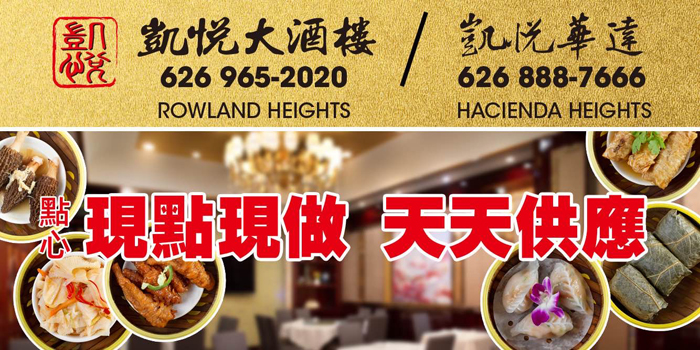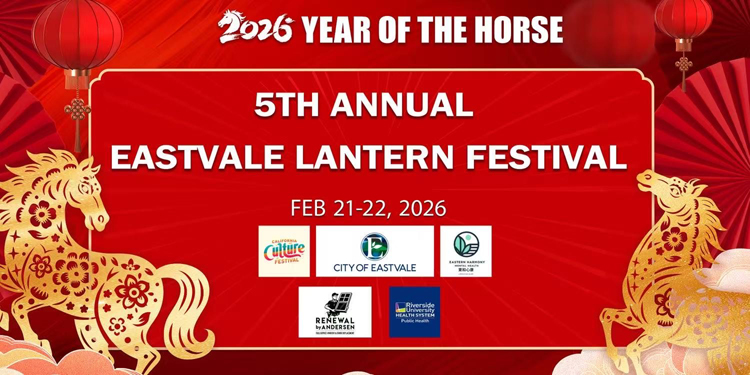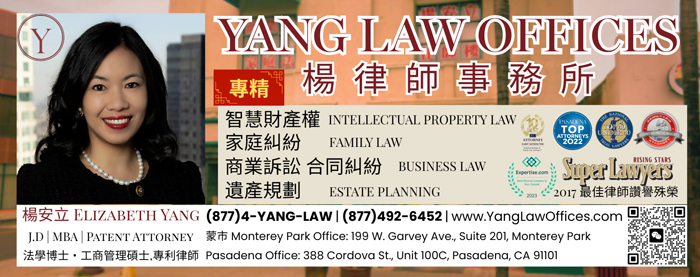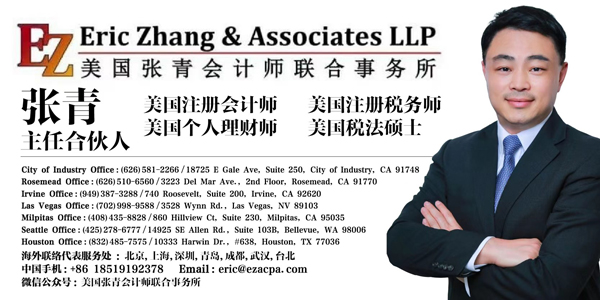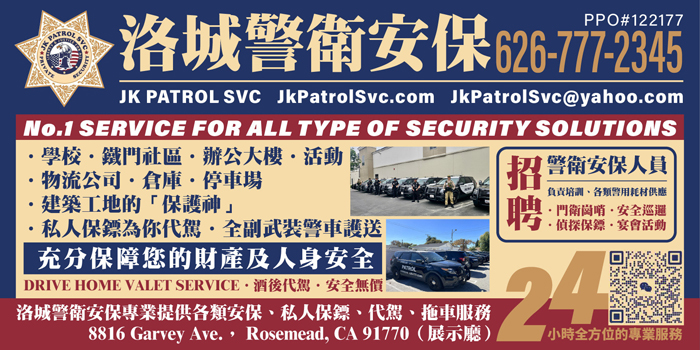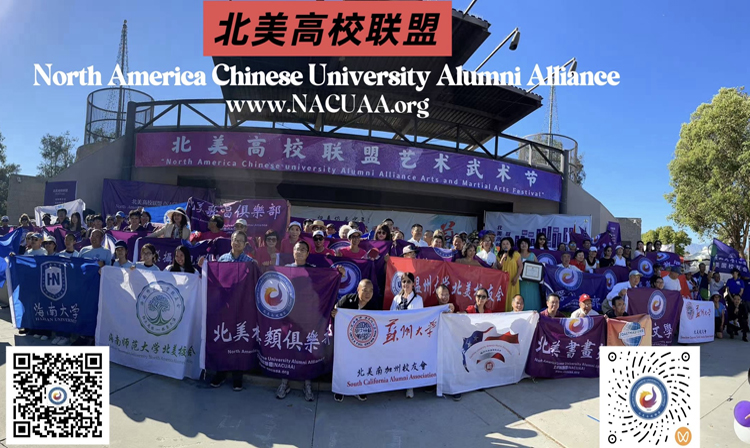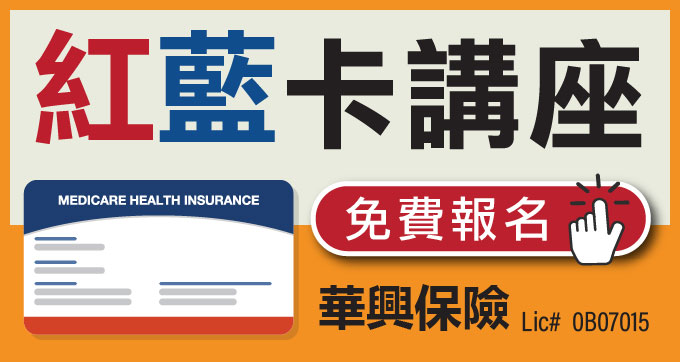Their address/location in Chinatown: Homeboy Industries
130 W. Bruno Street
Los Angeles, CA 90012
Homeboy Industries was started by a priest, named Father Gregory Boyle. He started the biggest gang intervention program in Los Angeles, but the program has evolved a lot since he started in 1988.
Their mission: Homeboy Industries provides hope, training, and support to formerly gang-involved and previously incarcerated men and women allowing them to redirect their lives and become contributing members of our community.
Some of their offerings include tattoo removal, job training, therapy, anger management, parenting classes, reunifying families, and more.
They have social enterprises and businesses that provide job training and job opportunities, but also put money back into their organization to support their services.
- Electronic recycling
- Homeboy Bakery, selling fresh baked goods
- Homegirl Cafe (located at their main headquarters in Chinatown)
- Catering
- Silkscreen & embroidery, where you order customized items like clothes, notebooks, flash drives, etc.
- Grocery and Farmer's Market, they sell some things like tortilla chips and salsas
- Diner at LA City Hall and Cafe at LAX
They have not been able to have their large gala fundraiser, Lo Maximo, in person last year or this year, but still want to continue to offer the same services to those seeking them out, so it's even more essential to donate, as they are an essential part of our community!
They also need volunteers to tutor, medical professionals for their tattoo removal program, and licensed therapists to provide mental health services:
- They have trained individuals to install solar panels, which is extra important now!
They also had (pre-covid) an annual 5k fundraiser that Mela and I have attended in years past (I'm actually wearing John's old shirt in the picture) and have a few pictures with Father Greg:
About CPAF
Domestic violence is one of the leading causes of injury and homelessness for women. During times of disasters and crises, history shows incidents of domestic violence increase. The COVID-19 pandemic has the added risk factors of social isolation, greater time victims are trapped with abusers at home, and suspension of usual operations by public and private agencies. (LA Times, 3/16/2020)
Asian immigrants living in violent homes in Los Angeles County are facing additional health risks with disproportionate financial strain due to anti-Asian prejudices. Long before California’s Safer-at-Home order was enacted, Asian businesses in LA reported revenue losses up to 80%. Nationally, incidents of anti-Asian discrimination and hate crises sharply rose. (Vox, 3/25/2020)
CPAF, Center for the Pacific Asian Family, runs the only domestic violence emergency shelter and two of three transitional shelters in Southern California, and the only rape crisis center in California that focus on Asian/PI immigrants, making it hard to redirect clients when we are full. In March, CPAF saw a 20% increase in calls to its 24-hour multi-lingual helpline. We expect a continuing rise in requests for help, with limited ability to respond. While we are continuing to provide crisis management, safety planning, and counseling, we are unable to bring families fleeing violence into our shelters and provide a wide range of comprehensive services because our three shelters are full. To make room for new families, we worked to graduate current shelter clients with income and permanent housing. This work was undermined when all of our clients lost their jobs during this pandemic.
To address the rising need,
Your support will enable CPAF to:
- Respond to immediate crisis: From safety planning and crisis management support to immediate sheltering, CPAF provides lifesaving services 24/7 in 30 Asian Languages/dialects.
- Economic empowerment: Economic empowerment is one of the key determinants of health. CPAF proposes to work with current and incoming residents to retool themselves to find jobs in this new economy, where services industry where many immigrant women found work has been impacted. The faster families exit with income and housing, the more families we will be able to serve.
Established in 1978, Center for the Pacific-Asian Family, Inc. (CPAF) is a non-profit organization recognized nationally for its pioneering work to serve survivors of domestic violence and sexual assault in the Los Angeles Asian and Pacific Islander (API) community. All of CPAF services are free and provided in more than 30 API languages. Programs include:
24-hour Helpline & Community Services: survivors receive immediate crisis intervention services, including safety planning, counseling, and referrals to medical, legal and other services. CPAF runs the only rape crisis center in California targeting API survivors.
Prevention & Community Education: CPAF works to end violence at home through its Parenting with Nonviolence and Youth programs. CPAF engages youth aged 10-18 in a year-long school-based program to learn the concept of healthy relationships, consent, and boundaries.
Outreach and Community Capacity Building: CPAF provides cultural competency workshops to frontline workers (law enforcement, healthcare providers, shelter and rape crisis center staff, etc.) who assist survivors of domestic violence and sexual assault. Domestic violence and sexual assault trainings are provided to service providers, faith leaders, and community leaders who assist API families.
Emergency Shelter: CPAF operates the only emergency shelter in Southern California that specializes in addressing the needs of domestic violence survivors in the API community. Survivors of domestic or sexual violence and their children stay in CPAF's safe and confidential shelter facility for up to six months while they move from crisis to safety and healing. During their stay, families are provided with basic needs (food, clothing, toiletries, etc.) and comprehensive case management, including crisis intervention counseling, financial literacy education and assistance with locating permanent or transitional housing.
Transitional housing program: Survivors and children who want to establish their own non-violent households, independent of their abusers, often need a longer transition period than an emergency shelter can provide CPAF operates two transitional shelters in Los Angeles County. Advocates provide counseling, case management, parenting classes, life-skills classes, as well as link survivors to permanent affordable housing options and job opportunities for the period of 12 -24 months. Children are provided with counseling, academic and emotional support, and recreational activities aimed at enhancing protective factors and reducing risk factors.


